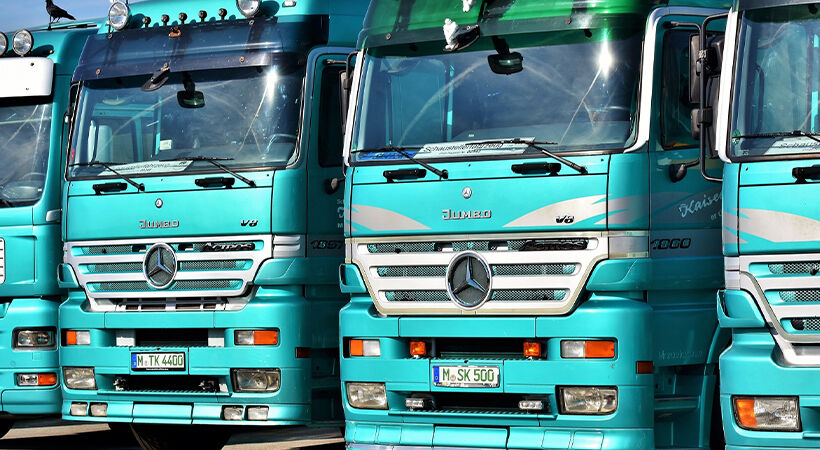
The strike by independent Argentine truck drivers is interrupting activities in the main ports of Bahia Blanca and Necochea, on the country's Atlantic coast, reported the AgriCensus a based on data from a major logistics company.
The strike also affected grain shipments at several ports at the Up River hub in Rosario, according to the AgriCensus .
There were no trucks disembarking in Bahia Blanca or Necochea on January 21 or 22, according to logistics company Williams Entregas, while only 544 trucks arrived in the Rosario region on January 21, increasing to 1,143 the following day.
A total of 1,322 trucks loaded with grain arrived at ports across the country on January 22, the company said. This compared to a total of 6,442 the previous week.
The protest is being carried out by members of Transportistas Unidos de la Argentina (TUDA union), which brings together around 2,000 truck owners and independent drivers.
{module Form RD}
Logistics operations in the country have faced disruption due to the indefinite strike by independent truck drivers, along with a number of other recent industrial actions.
A 20-day strike over wages by Argentina's two oilseed crusher unions ended on December 29, 2020, when the oilseed worker unions signed an agreement with the country's crushers.
In the latest strike, TUDA members are demanding higher freight rates, improvements to national highway infrastructure and greater safety for drivers, according to the AgriCensus . The action included the partial blockade of the Buenos Aires-Rosário highway and other strategic routes.
The Santa Fe provincial government announced it was prepared to use police intervention to clear roadblocks, while the country's main chambers of grain and commerce also issued a joint statement demanding national government intervention, reported the AgriCensus .
A source at Argentina's crushing and export chamber CIARA-CEC reportedly confirmed that activity at local grain ports was severely affected by the strike and called for urgent government intervention.
This text was automatically translated from English.
Source: Oils & Fats International (OFI)












